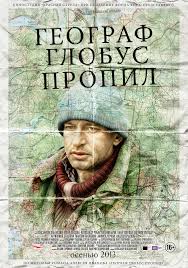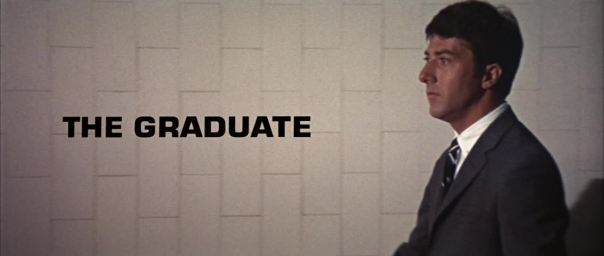I love superheroes. They are beacons of light for humanity, they are smart, strong and fast. They were so awesome that I skipped school to watch animated cartoon at 9 am. I wanted to fly like Superman or drive batmobile like Batman. They are idols everyone wants to be. Spider-Man is someone else. In my humble opinion, he was the first superhero students could relate to and learn valuable everyday lessons. So, as my last blogpost, I want to talk what makes Spider-Man relatable and how does it affect education.
Retrieved from https://www.pinterest.com/pin/443323157044274880/
Basically, what we see here is transformation from teenager into adult. That’s the point what modern school system misses in education. The point when a youngster wants to become adult, when privileges of adult life outshine everyday routine. Shy and quiet Peter Parker is representation of average teenager, whereas confident, bold and confident Spider-Man is Peter’s way of portraying adult. He even called himself Spider-MAN, not Spider-BOY. At first, when he got his powers, he used them for selfish benefits. He earned money from wrestling matches, got closer with a girl he loved and beat hooligans who bullied him. That what Peter was thinking of adult life, being independent, free of control and consequences. Eventually, after people he cared about died because of his fault, he understood value of making the right move, value of heroism and responsibility. That he needs to appreciate himself and people around him. The moment he understood what being grown-up is, he realizes that with great power, comes great responsibility.

Retrieved from https://aminoapps.com/c/comics/page/blog/7-times-spiderman-shows-his-true-strength/aai0_uabpzE47aNQXlGe1G0gzwGMLD
Genius idea behind Spider-Man is that we all can see ourselves as a hero under this mask. However, true hero is not a mask or a costume, it’s a person wearing them. Peter Parker’s lesson to all students is that they must be prepared for adulthood, be responsible for people around them and find moment of pleasure and peace in everyday life.

Retrieved from https://coub.com/view/hard6
Who is your favorite superhero and what did you learn from him?
Thank you

Retrieved from https://www.pinterest.com/pin/376895062556948133/?lp=true






 Life consists of parts that we need to pass one after another. It is really convenient. There is always a place where you got to be. Kindergartens prepare us for schools, where we cannot wait for university life. What if there is no place to go? After graduation most of us (at least I did) felt that we are not guided anymore, we just need somehow to spend the rest of our lives without people telling us what to do.
Life consists of parts that we need to pass one after another. It is really convenient. There is always a place where you got to be. Kindergartens prepare us for schools, where we cannot wait for university life. What if there is no place to go? After graduation most of us (at least I did) felt that we are not guided anymore, we just need somehow to spend the rest of our lives without people telling us what to do.